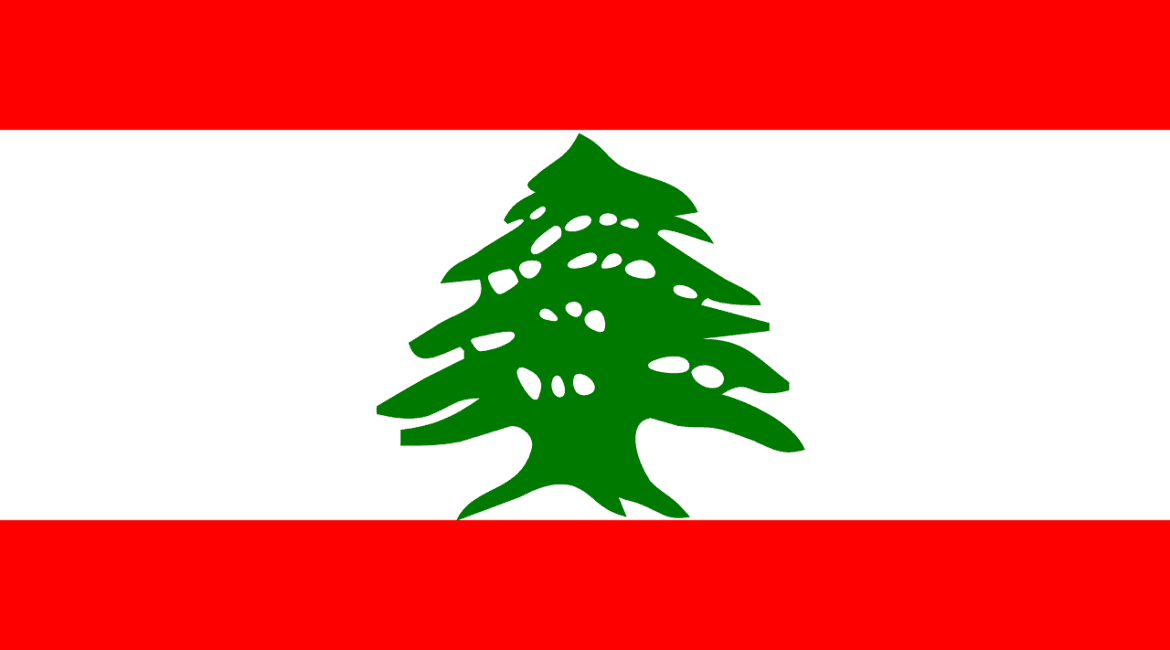On October 14, the Lebanese recalled the civil war ravaging the country in the 70s and 80s. At least 6 people were killed when unidentified persons opened fire against a crowd of Hezbollah and Amal demonstrators, demanding for the demise of the judge inquiring the cataclysmic blast occurred a year ago in Beirut harbour. Over 200 people have died and some 7.000 were injured because of the explosion, which wiped out whole districts, causing billion of dollars in damage.
Such a tragedy cannot be too easily ignored by finding a scapegoat, preferably someone who died in the blast and who cannot longer defend himself because, eventually, the disaster was the direct effect of decades of systemic corruption, negligence and incompetence, going all the way to the top of the Lebanese government.
The judge in charge to probe the incident, Tarek Bitar, deposed many current and former officials and even issued arrest warrants for two deputies, one from Amal (Hezbollah political ally) and another from a party close to ex-prime minister Saad Hariri. The conventional political class did not respond well to Bitar's investigation and, by far, the most vigorous reaction came from Hezbollah, who called for Bitar's replacement, claiming his investigation was biased and highly politicized.
On the other hand, Bitar is quite a popular figure among Lebanese population, who has shown a profound distrust in the political class, blaming it for the country's collapse: for the last two years, Lebanon has been facing one of the most severe economic crisis in its history, which has led to a sharp decrease of living standards. This economic crisis was made worse by pressure from the waves of Syrian refugees that flooded Lebanon, the collapse of tourism in the wake of the coronavirus pandemic and the endless political deadlock.
The October 14 clashes took places on the border between Shia and Christian districts of Beirut, not far from the place that witnessed the 1975 violent events leading to the outbreak of the civil war. On the spot, Hezbollah accused the Lebanese Forces of perpetrating the attacks on the protesters, but the Christian camp denied any involvement in the incidents. Shortly after, France, Iran and Saudi Arabia called for a de-escalation of the situation, while Hezbollah has ruled out the possibility of occurring a new civil war.
Lebanon in turmoil

